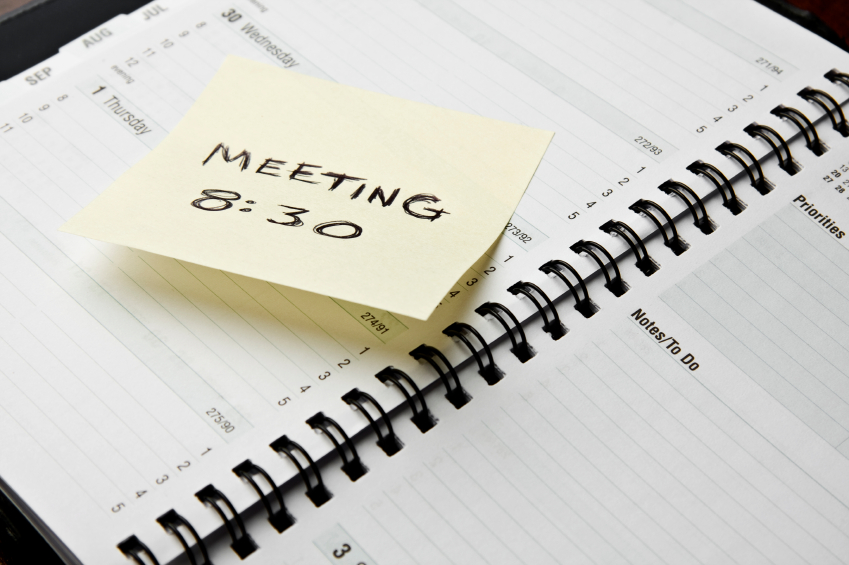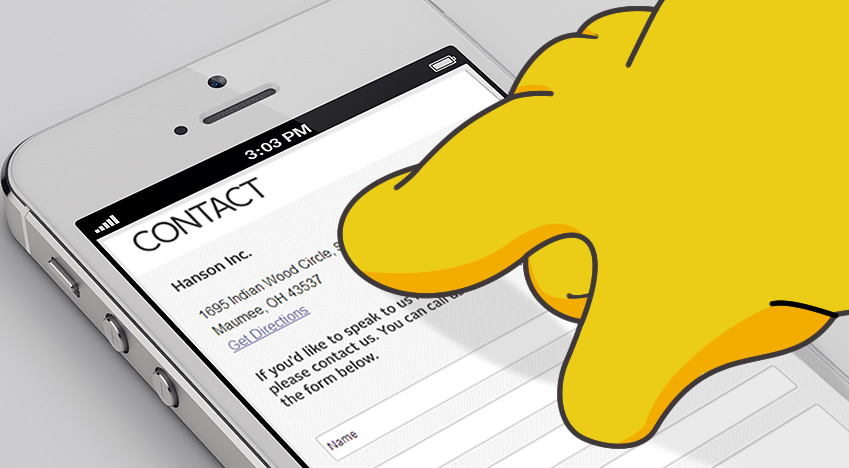A Project Manager’s Principles for Effective Meetings
As a project manager, I admit I have a bit of a reputation around here. I’m known for getting people out of meetings early, earning me the nickname “Miss Bossypants.” (I’ve been assured this is an affectionate term.)
Ending meetings on time seems like a basic tenet of business. But the dozens (hundreds?) of ineffective meetings we’ve all experienced in our careers indicates that it’s an acquired skill. And it’s about more than maintaining a good reputation and respecting other peoples’ time. It’s about keeping a project on schedule and on budget, which makes it a best practice here at Hanson.
You don’t need to be a master of Robert’s Rules of Order to run an effective meeting, but there are a few principles to live by. Years of running meetings have honed my list down to these six. If your meetings have been feeling a bit out of control, you might start here and see what you need to tweak.
1. Start meetings on time.
Set the expectation that meetings will start on time—and then start them on time. Make sure you’re never the late one. If people do arrive late, do all you can to avoid stopping the meeting to catch them up, unless they are a critical decision maker or have the power to fire you (in which case, you might want to make an exception). You’re going to send out great meeting notes after the meeting anyway, so they’ll be able to see what they missed and get caught up later.
2. Follow your agenda.
You did send an agenda in advance of the meeting, right? Agendas are really important—knowing what will be discussed allows people to prepare in advance (whether they actually do that is another thing). It also sets an expectation for what won’t be discussed. Agendas don’t have to be big and long and fancy—even a bullet-pointed list of topics for discussion is helpful. If there are decisions that need to be made, it is helpful to include that in the agenda too.
3. Keep people engaged.
A big contributing factor is making meetings meaningful. If the meeting doesn’t have a clear objective, or all the people in the room aren’t necessary to that objective, the meeting won’t be meaningful (see points 1 and 2 above). But even with a clear objective, it can be hard to keep people engaged. Asking questions and making eye contact help. (So does shouting “Busted!” if you catch them reading their email instead of paying attention.)
4. Table side issues for later.
Stick to the agenda and don’t be afraid to redirect discussions back to the topics at hand. If issues arise that can’t be decided or will derail the meeting, be sure to include those in the meeting notes and schedule a second meeting with the appropriate people later.
5. End the meeting when it is over.
When you’ve covered the agenda, end the meeting. It is ok for folks to sit and chat if they choose to, but make it clear the meeting is over so those who need to leave can do so. And make it a goal, perhaps a badge of honor, to end meetings early. Just because it’s scheduled for an hour doesn’t mean it needs to last that long!
And in case you haven’t caught on to my hints above…
6. Send good notes after the meeting.
This is pretty critical as peoples’ memories fade quickly. These notes should include discussions held and conclusions reached. If there were tasks assigned—and likely there were if the meeting had a clear objective—note who is responsible and when they need to be done. Finally, make sure to copy anyone who might need to be informed of the outcomes, including people who didn’t attend the meeting.
Internalizing these principles will go a long way toward running more effective meetings and keeping your projects on schedule and on budget.
But don’t say I didn’t warn you about the potential nicknames.





